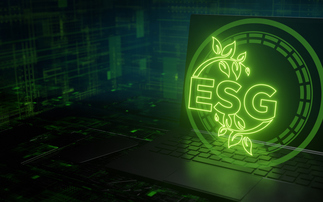Ruling A US appeals court rules that Harvard law professor should not act as special adviser to judge in MS case.
Microsoft won a small but significant victory in its ongoinghould not act as special adviser to judge in MS case. antitrust battle with the US Department of Justice (DoJ), when an appeals court in ...
To continue reading this article...
Join CRN
- Enjoy full access to channelweb.co.uk - the UK’s top news source for the IT channel
- Gain the latest insights through market analysis and interviews with channel leaders
- Stay on top of key trends with the Insider weekly newsletter curated by CRN’s editor
- Be the first to hear about our industry leading events and awards programmes
Already a CRN member?




